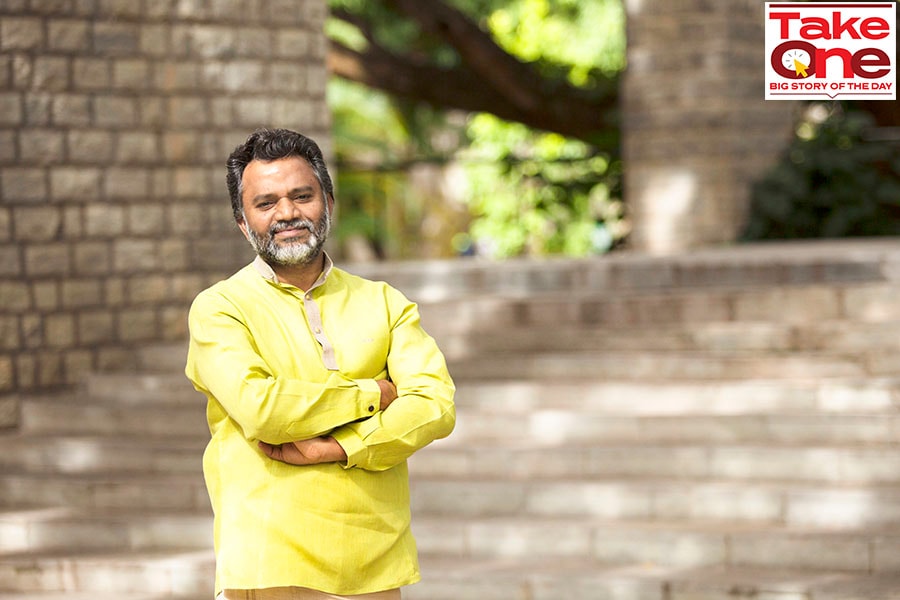
Nagaraja Prakasam has a 'Back to Bharat' strategy for businesses
In his new book, the impact investor draws on his experiences of supporting social and rural enterprises, and explains why he has chosen to spend his life helping ventures develop the "efficiency of a corporate and the heart of an NGO"

If carbon is the new gold, how do we determine who gets rich?
Angel investor Nagaraja Prakasam has two broad categories of people: First, those like Tesla founder Elon Musk, who are given billions of dollars for carbon credits and electric vehicles (EVs) by individuals or corporations with high carbon footprint. He calls them “carbon fixers”.
Then there are the traditional weavers of India, who develop eco-friendly clothing, or tribal and sustainable farmers with a livelihood that creates little to no carbon footprint to begin with. This category of people, he calls “carbon preventers”.
If we can give billions of dollars to carbon fixers, why do we think twice before paying a sustainable farmer or weaver their due and reduce our carbon footprint from the get-go? This Western model of development is flawed and we need to re-think it, Prakasam, 52, says. “The ‘greed is good’ mentality, which India also has been following, is harmful for both the planet and the people.”
These thoughts about how to help Indian businesses scale sustainably, particularly social and rural entrepreneurs from Tier-II, III regions and beyond, is what brought Prakasam back to India in 2006 after a decade of living and working in the US. The engineer with an MBA continued with his leadership role in software company CDC Software (now Aptean) until 2012 from India, when he decided that “he was done running”. He wanted to do something different and started seeking a second career in the impact space. He “retired” at the age of 41, but the retirement was only in name. Till date, Prakasam says, he continues to work seven days a week.












